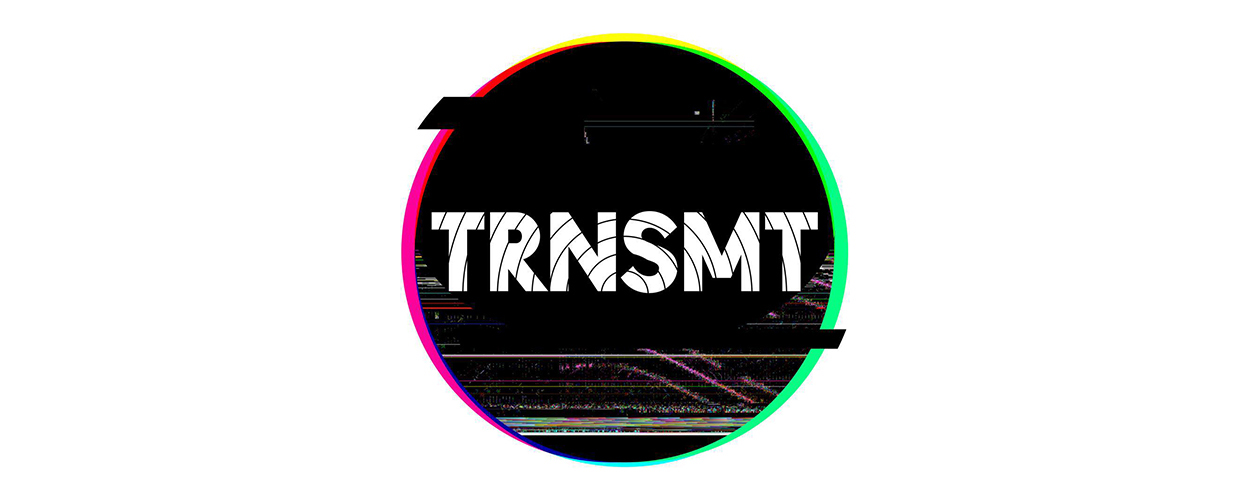This website uses cookies so that we can provide you with the best user experience possible. Cookie information is stored in your browser and performs functions such as recognising you when you return to our website and helping our team to understand which sections of the website you find most interesting and useful.
And Finally Artist News Business News Gigs & Festivals Live Business
TRNSMT boss criticised after saying it will take “years” to achieve 50/50 gender balance on “any major festival” line-up
By Andy Malt | Published on Thursday 28 November 2019

The boss of Glasgow’s TRNSMT festival has said it will be “years” before “any major festival” can achieve a 50/50 gender balance on stage because there aren’t enough female acts to fill half a line-up.
Geoff Ellis of Live Nation subsidiary DF Concerts made the comments as the event announced its first thirteen acts for 2020, which included just two women.
“We’d love there to be a higher representation of females but there isn’t, certainly on the acts we’re announcing today”, he told BBC Newsbeat.
“It will be a while until there’s a 50/50 balance”, he went on. “That’s definitely several years ahead for any major festival to achieve because there’s far, far less female artists. We need to get more females picking up guitars, forming bands, playing in bands. There’s definitely more to come [on the line-up] – they’re just not over the line yet”.
Unsurprisingly, there has been much criticism of Ellis’s remarks, which have echoes of now former Grammy boss Neil Portnow’s “women need to step up” comment last year.
Responding on Twitter, KT Tunstall said: “If you are the organiser of something, and you don’t WANT a situation to change, and you put fuck all effort into it, then no shit it’ll take years … You run a large festival. It’s a crazy idea, but you could actually help”.
She also called on men to “call bullshit” on Ellis’s statement, saying: “Your voices are arguably more powerful than ours when it comes to changing this, as YOU, the primary demographic of male rock band fans, are who these guys are scared to ‘alienate’ ie lose your ticket money”.
Ellis insisted that TRSNMT is working to help more female artists move up the industry, including with the return of the female-only Queen Tut’s stage, which was criticised when it launched last year as being “a box ticking exercise rather than a real move forward”.
“We’re giving that platform to help more females see that kind of opportunity because you do get more of a drop-off at a grassroots level and there are less female artists around”, he said. “It’s not just about booking more female acts, because if there are less of them then there are less of them to go round all the festivals”.
The acts announced for next year’s TRNSMT are Liam Gallagher, The Courteeners, Lewis Capaldi, Ian Brown, Sam Fender, Blossoms, Aitch, Foals, Keane, Twin Atlantic and Snow Patrol, with Little Simz and Rita Ora the only women on the list.
There has been much pressure on festivals to improve their gender balances in recent years, of course, with the PRS Foundation’s Keychange programme putting particular focus on the traditional lack of diversity among festival and music conference lines-ups.
Glastonbury – which you might call “a major festival” – has been working particularly hard to get more balance. The festival’s 2019 line-up was 42% female and organiser Emily Eavis told Music Week recently that the 2020 line-up will “go as close to 50/50 as we can”.
Meanwhile, Primavera Sound in Spain this year did achieve a 50/50 balance in its line-up, including at the top levels of the bill (where Glastonbury still falls down), with Erykah Badu and Solange among the headliners.
Of course, some people are understandably nervous about quotas when it comes to line-ups, not least because no one wants female artists booked to play to feel like they are only there to tick a box. And the pool of ticket-shifting headline acts available to bigger festivals may not be particularly diverse as yet, especially in some genres.
However, with festivals like Glastonbury and Primavera showing that – across the wider line-up – more diversity is definitely possible, the hope is that other events will follow their lead (aka copy their line-ups). And in doing so ensure more diversity in the headline act pool of the future. Though that, of course, needs a willingness on the part of all festival promoters.





